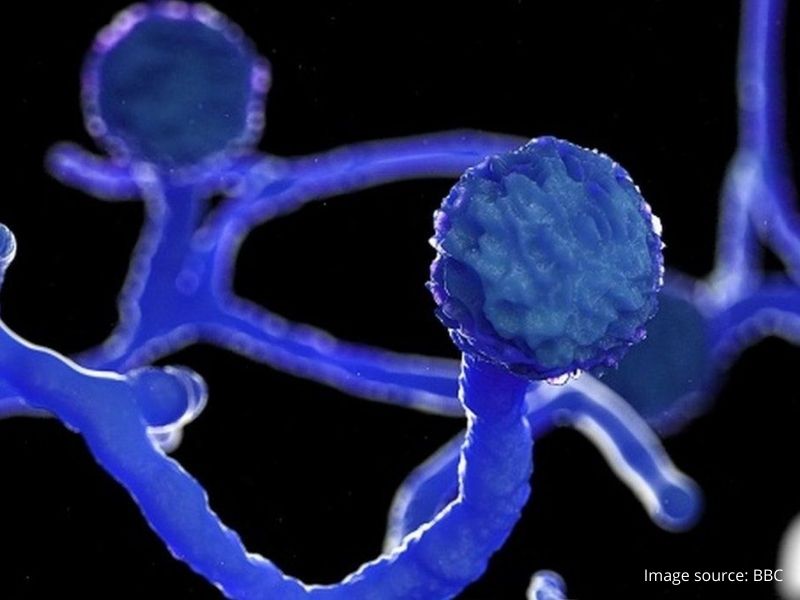Two cases of Black Fungus has been detected among children in rural Karnataka recently. The fungus, commonly known as Mucormycosis, had untill now affected adults. An 11-year-old girl from Ballari district and a 14-year-old boy from Chitradurga district have been affected with the virus. Both of them are undergoing treatment at government hospitals and their condition is stated to be serious.
Both of them are children of farm labourers and were also affected with Covid but were not aware of it.
Two children are undergoing treatment for the black fungus infection at Government Bowring and Lady Curzon Hospitals. They are suffering from Acute Juvenile Diabetes (AJD),” a senior health official said. The patients are stated to be serious and could even lose one eye.
According to the state health department, 1250 cases of black fungus have been reported so far in the state. The fungal disease, as known, is a post-covid complication is mainly affecting people with diabetes.
The children have been diagnosed with Type 1 diabetes and the black fungus infection has spread to their brain and eyes, say the doctors treating them. The girl who was being treated in Ballari had developed pain in her eyes before she was brought to the Bowring Hospital. The boy was being treated in Tumakuru after he developed fever and was shifted to Bowring after the doctors treating him suspected black fungus.
39 patients have lost their lives to the fungal disease even as 18 of them have recovered. A total of 1,193 patients are currently under treatment for mucormycosis in Karnataka. Bengaluru Urban district has reported the maximum number of cases with 521 cases of the infection.
Meanwhile, Karnataka Health Minister K Sudhakar told reporters here that the state has so far received around 10,000 vials of amphotericin-B drug used for the treatment of the fungal infection, from the Centre.
Mucormycosis is being detected in patients who have recovered from the coronavirus. Patients suffering from diabetes have been particularly susceptible to the black fungus. It is ‘angioinvasive’, which means that the fungus enters and blocks the blood vessels and cuts off blood supply to the tissue. When blood supply is cut off, the tissue dies and turns black – giving the infection its colloquial name – ‘black fungus’.
Mucormycosis is a very rare infection. It is caused by exposure to mucor mould which is commonly found in soil, plants, manure, and decaying fruits and vegetables. It affects the sinuses, the brain and the lungs and can be life-threatening in diabetic or severely immunocompromised individuals, such as cancer patients or people with HIV/AIDS.
Also Read: Will the third wave of Covid-19 put children at greater risk?
